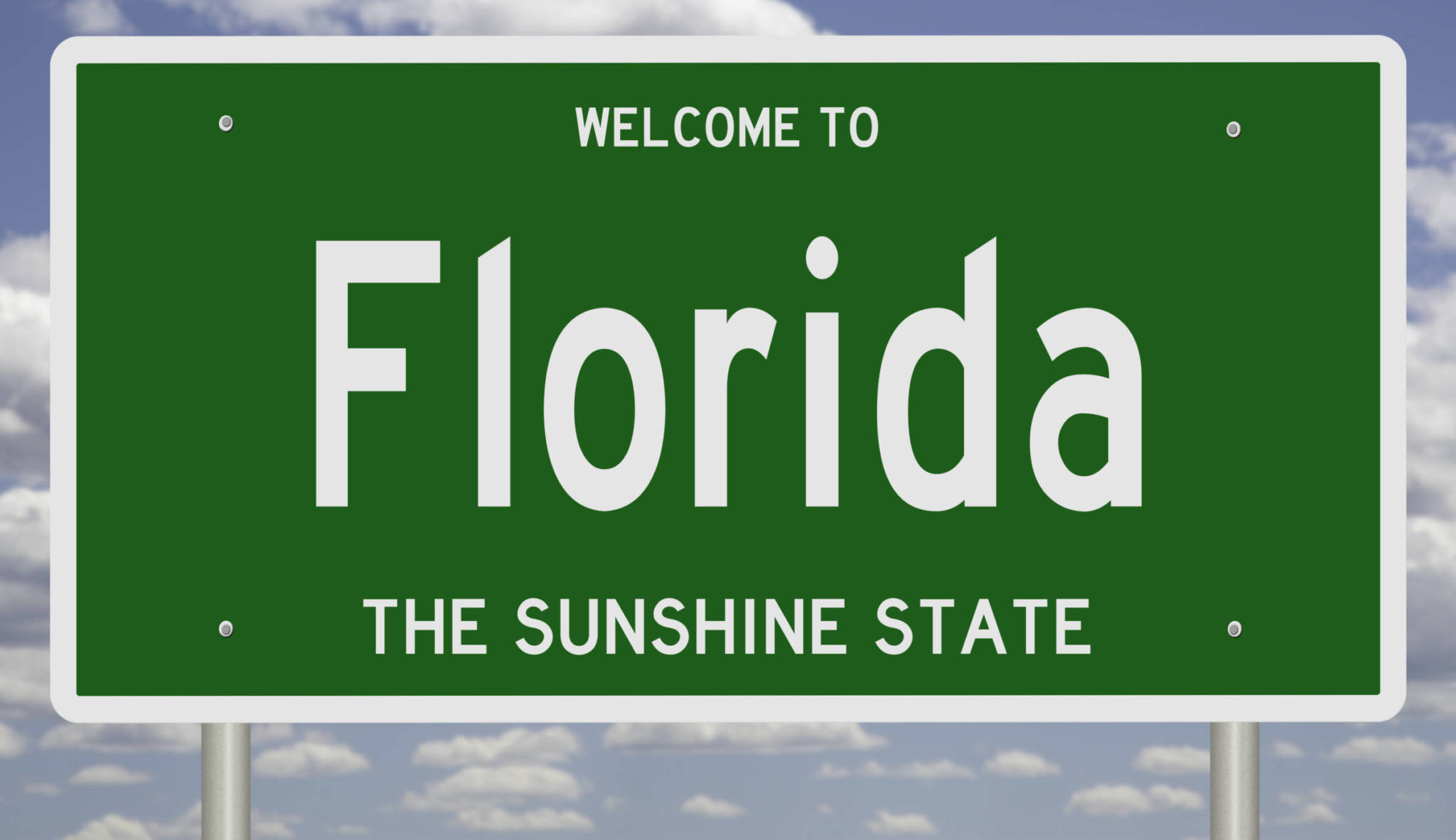
Can Bars Be Sued for Overserving Drunk Drivers?
February 13, 2020
How Pain and Suffering Is Calculated in a Personal Injury Case
February 13, 2020Things Florida Drivers Should Know About Local Laws

Every state is slightly different when it comes to traffic laws. Some have special requirements for auto insurance, such as minimum coverage or policy limits. Some states require motorcycle riders to wear helmets, others don’t. Even infractions like drunk driving, driving without a license or running red lights can have drastically different penalties attached depending on the state in which you’re cited.
Florida is no different. If you’re a Florida driver, there are several traffic laws you should know about to ensure you never get on the wrong side of the legal system.
DUI Laws in Florida
The blood alcohol level (BAC) is the same in Florida as in most other states – .08 and .04 for commercial drivers. An aggravated DUI is anything above a .15 BAC. First offense DUIs result in fines ranging from $500 to $2,000 if it’s an aggravated DUI.
If a minor is in the vehicle the fine could be between $2,000 and $4,000.
Your license can be revoked for 180 days to a full year, but you can apply for a hardship license that will allow you to travel to and from work. If you are charged with aggravated DUI you will likely be required to have an ignition interlock device (IID) installed in your vehicle for six months.
Driving Without a License or on a Suspended License in Florida
Possessing a valid license but simply not having it on your person when you’re pulled over will result in a citation with a $30 fine. If you can later show the court clerk you had a valid license at the time you were pulled over you may be able to avoid conviction and get the ticket dismissed for about $10.
Driving without a valid license is a misdemeanor in Florida that can carry a fine of up to $500 and a maximum jail sentence of 60 days. Even these drivers may be able to avoid the fine by obtaining a valid license and paying a $25 court assessment fee.
Driving on a suspended license carries the same penalty unless the driver didn’t know their license was suspended, in which case the penalties can potentially be reduced.
Leaving the Scene of an Accident
If you’re involved in an accident you’re required to stop and exchange information with the other driver, or in the event you hit a wall or damaged property you need to do the same with the property owner. Failing to do so carries a max penalty of a $500 fine, 60 days in jail and six months of probation.
If you’re involved in an injury or fatal accident, you’re required to do all of the above and administer aid to the best of your abilities. If you flee an injury or fatality accident, the penalty can be up to five years in prison, five years of probation and a $5,000 fine, in addition to having your license revoked for three years.
Mechanical Violations and Fix-It Tickets
Mechanical violations are usually maintenance related issues – like being pulled over for having a broken turn signal. You may be able to get these types of citations reduced if you get appropriate repairs made and submit your vehicle for inspection by law enforcement to confirm the repairs have been made. The term “fix-it ticket” came about because these types of tickets can often be dismissed if you simply fix the issue and get the repair approved by the police and the courts.
Car Headlights
Florida drivers are required to use their lights whenever they’re driving between sunset and sunrise, including twilight hours. Headlights are also required whenever it’s raining or foggy, or if there’s smoke in the air that may be limiting visibility.
Stop Signs and Red Lights
The laws regarding stop signs and red lights in Florida are pretty much the same as most states. You’re required to come to a full stop at both. You are allowed to make right turns on red lights as long as you’ve come to a complete stop at the light first and there’s no signs prohibiting right turns on red at the light.
Seat Belt Laws and Child Seat Laws
Everyone is required to wear a seatbelt in Florida unless:
- You’re in a vehicle that typically doesn’t have seatbelts, like a bus or motorcycle
- You have a recommendation from a doctor that wearing a seatbelt is inadvisable
- You have certain types of jobs – mail carriers, newspaper delivery people and trash collectors typically don’t have to wear a seatbelt if it would interfere with their work
Florida has specific laws regarding child seats. Children up to three years of age need to be restrained in a separate carrier or an integrated child seat. Through ages four to five the rule is the same, but a booster seat may also be acceptable.
Know the Laws and Your Rights as a Motorist
If you are ever cited or are worried about being cited for a driving infraction and you want to check the law for yourself, you can refer to the Florida Statues Chapter 316 for State Uniform Traffic Control laws – primarily sections 316.216 through section 316.455.
Drivers with specific questions about Florida traffic laws can refer to Chapter 316 in general, as it contains most of the driving laws, from no passing zones and vehicle spacing to left turns and lane changes.

